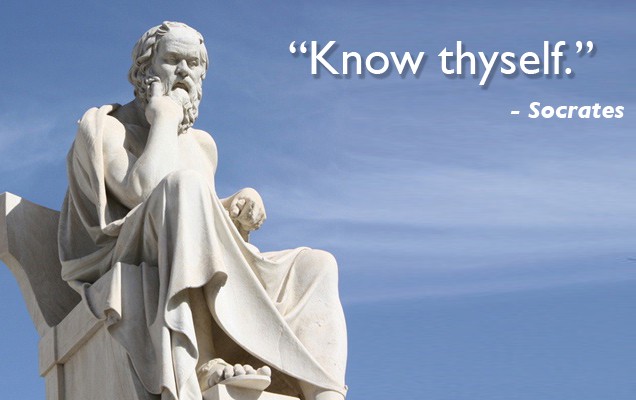Everyone has a story and a perception about who they are and how they interact with others. This mental image and the perspective we hold about ourselves are how we think we interact with others in our world. It is also how we think others see us, and how we impact those around us.
However, everything we think and “know” about ourselves is seen through our own lens. We understand our motivation, and we assume others do as well. At the same time, we often do not stop to think about how our behaviors, actions, and even words may be impacting those around us.
Moving Towards Self-Awareness
To become aware of ourselves and how we interact with others, it is essential to develop our sense of self-awareness. Self-awareness can be defined in different ways, but most definitions include:
- An understanding of our consciousness and emotional levels
- The ability to look inwards and assess our internal world
- The ability to see the difference in how we see ourselves and how we may be perceived by those around us.
Some studies refer to these as internal self-awareness, or the knowledge of our own strengths, weaknesses, values, beliefs, and how we react. External awareness is the recognition that how we see and interpret ourselves is not the same for everyone else. This external self-awareness allows us to feel empathy and have the ability to see a situation from someone else’s perspective.
Becoming a Better Leader
Practicing self-awareness is critical to becoming a better leader. Knowing your values, beliefs, moral and ethical positions, and strengths and weaknesses helps to guide you in making decisions. It provides clarity in how you want to be seen and recognized in your position, which also builds confidence as you are not questioning yourself.
At the same time, building self-awareness allows you to tune into how your words, actions, and communication are being received by your team and those around you. You are more focused on consistent messaging with your values and beliefs, which leads to clearer, more consistent messaging and communication. Self-aware people can acknowledge they have areas where they are not the experts or the authority, which is also a valuable asset for any leader to improve.
Leaders with a developed sense of self-awareness, which is one of the components of Emotional Intelligence (EI), are more emotionally aware. This allows these leaders to build stronger relationships with their teams and employees through empathy and being open to feedback, hearing new ideas and appreciating what others bring to the table.
Self-awareness is not always comfortable or natural. However, it is something anyone can practice through coaching, training, and the ability to be open to looking deeper into yourself.

